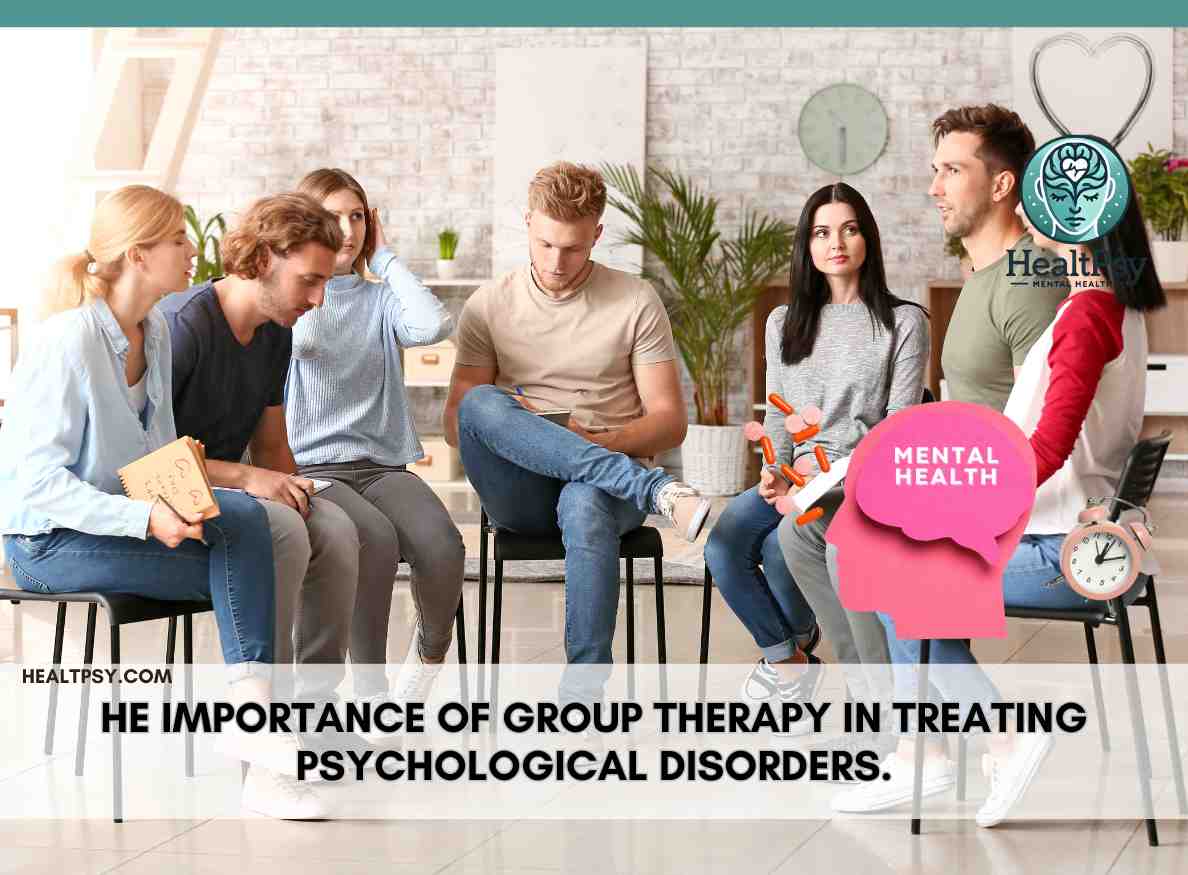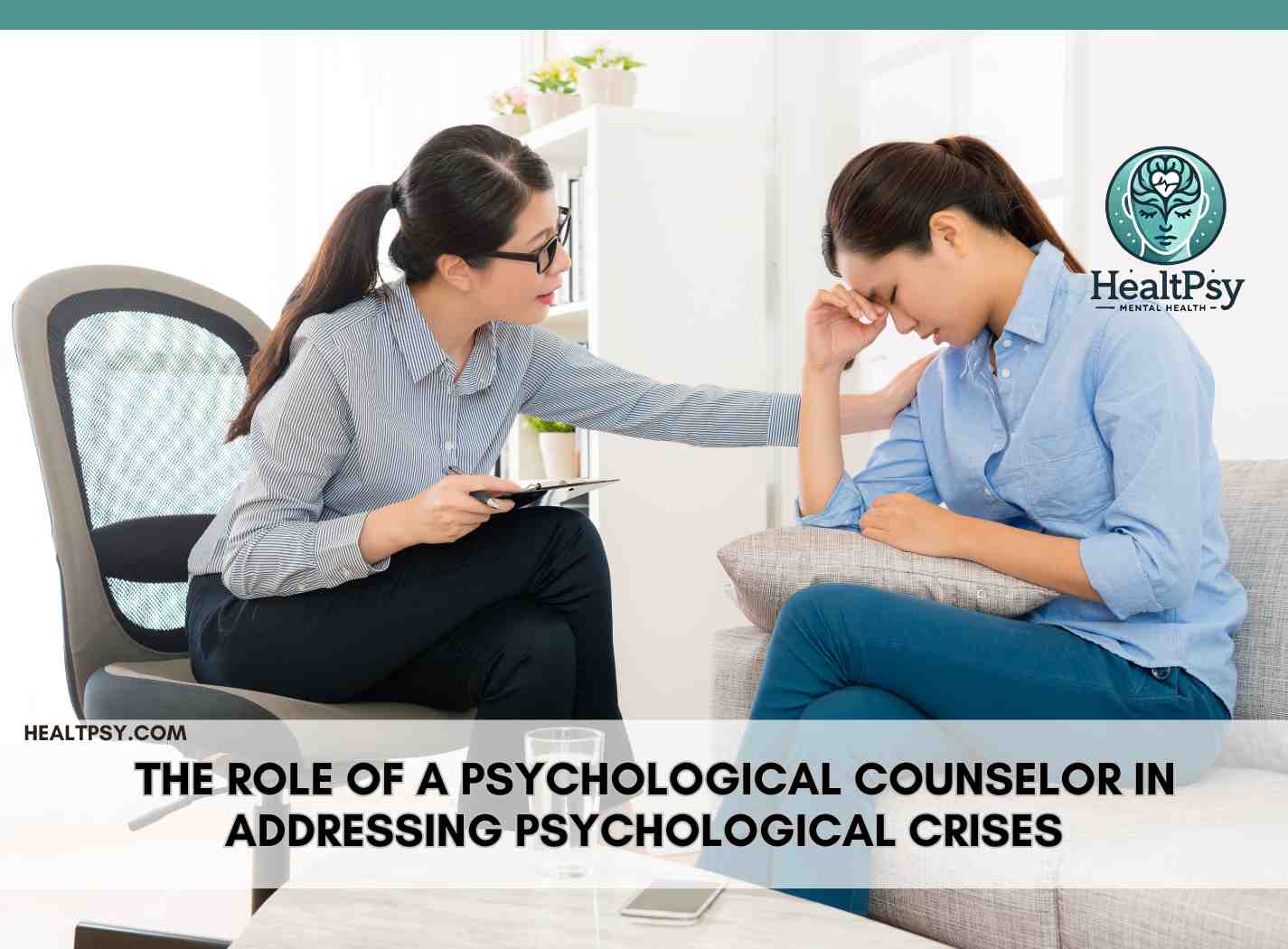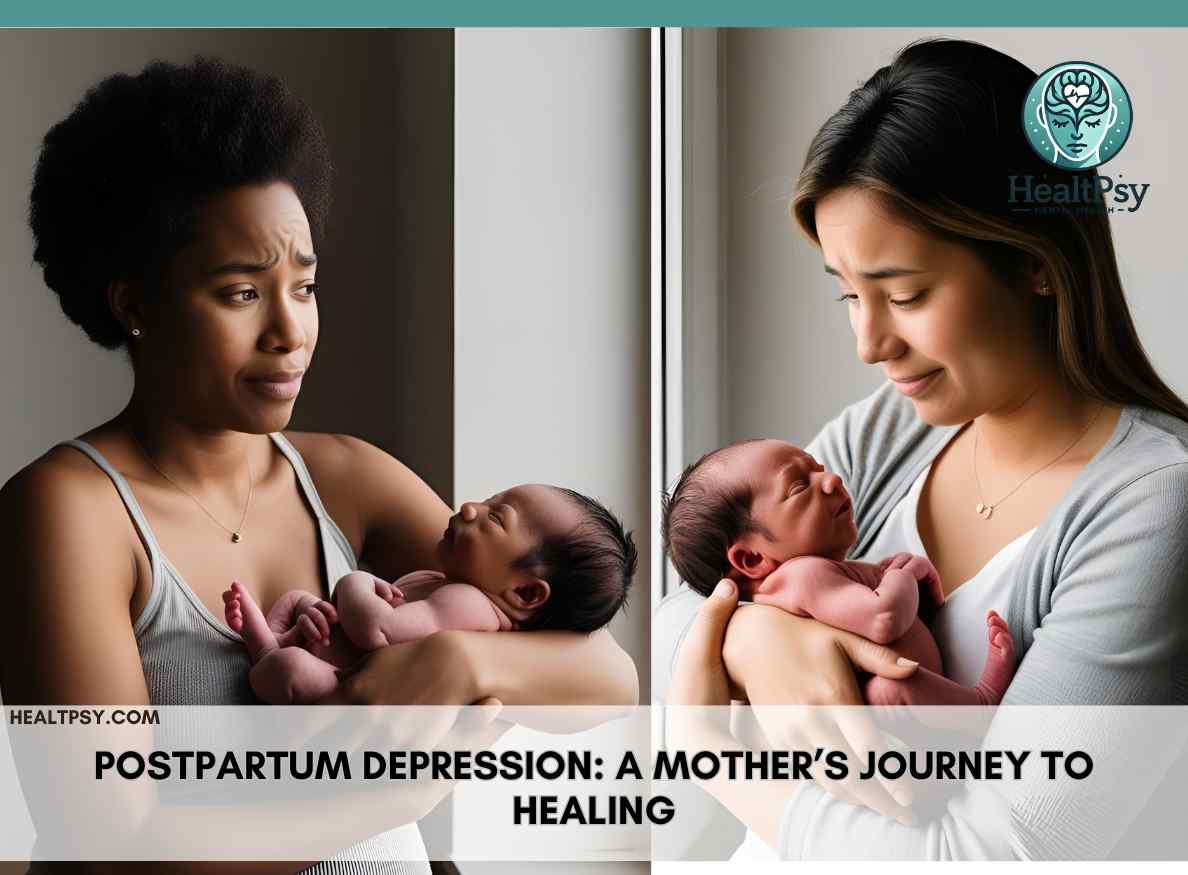7 Powerful Benefits of Group Therapy for Psychological Disorders
Group Therapy for Psychological Disorders :Introduction
Group therapy is a powerful and effective treatment approach for various psychological disorders. It provides individuals with a supportive environment where they can share their experiences, learn coping strategies, and develop social skills. This article explores the importance of group therapy, its benefits, and how it helps individuals manage psychological disorders.
For more information on therapy approaches, visit the American Psychological Association (DoFollow).
What is Group Therapy?
Group therapy is a form of psychotherapy where a trained therapist leads a group of individuals who share similar mental health challenges. The group setting provides emotional support, reduces feelings of isolation, and fosters personal growth. Sessions typically focus on discussing personal experiences, practicing coping mechanisms, and developing interpersonal skills.
Benefits of Group Therapy
Group therapy offers a wide range of benefits for individuals struggling with psychological disorders. Some of the key advantages include:
1. Providing Emotional Support and Validation
Being part of a group allows individuals to connect with others facing similar struggles. Sharing experiences fosters a sense of belonging, reduces isolation, and provides validation for their emotions.
2. Learning Effective Coping Strategies
Group therapy provides a space where members can learn from each other’s experiences. Therapists introduce valuable coping strategies that individuals can apply in their daily lives to manage their conditions more effectively.
3. Enhancing Social Skills
Many psychological disorders, such as social anxiety or depression, can make social interactions challenging. Group therapy helps individuals practice social skills, improve communication, and develop healthy relationships in a safe and structured setting.
4. Gaining Different Perspectives
Hearing others’ perspectives can help individuals see their problems from a new angle. This broader understanding fosters empathy, self-awareness, and problem-solving skills.
5. Promoting Accountability and Motivation
Being part of a group encourages individuals to remain committed to their treatment journey. Group members hold each other accountable, provide encouragement, and celebrate progress together.
Types of Psychological Disorders Treated with Group Therapy
Group therapy is used to treat a variety of psychological conditions, including:
1. Depression and Anxiety Disorders
Group therapy helps individuals struggling with depression and anxiety by offering a supportive environment to express emotions, challenge negative thoughts, and develop coping mechanisms.
2. Post-Traumatic Stress Disorder (PTSD)
Individuals with PTSD benefit from group therapy as it allows them to process trauma in a safe space while receiving support from others with similar experiences.
3. Substance Use Disorders
Addiction recovery programs often incorporate group therapy to provide individuals with peer support, relapse prevention strategies, and motivation to stay on track.
4. Eating Disorders
Group therapy helps individuals with eating disorders by addressing body image concerns, building self-esteem, and promoting healthier behaviors through shared experiences.
5. Personality Disorders
Individuals with personality disorders, such as borderline personality disorder (BPD), benefit from structured group therapy, which teaches emotional regulation, interpersonal effectiveness, and distress tolerance skills.
For more details on managing psychological disorders, visit our guide on Managing Depression: Symptoms, Causes, and Treatment.
How Group Therapy Works
Group therapy follows a structured process to ensure a supportive and productive environment. Sessions typically include:
- Introduction and Ground Rules: The therapist outlines the structure, confidentiality agreements, and group expectations.
- Sharing and Discussion: Members discuss their experiences, thoughts, and emotions in a guided setting.
- Skill-Building Exercises: Therapists introduce coping techniques, problem-solving strategies, and mindfulness practices.
- Feedback and Reflection: Group members provide constructive feedback, encouragement, and reflections on personal growth.
Individual Therapy vs. Group Therapy
While both individual and group therapy are effective, they serve different purposes. Here’s a comparison:
| Feature | Individual Therapy | Group Therapy |
|---|---|---|
| One-on-One Support | Yes | No |
| Peer Interaction | No | Yes |
| Cost-Effective | Less | More |
| Real-Time Social Skill Practice | No | Yes |
| Personal Focus | High | Shared |
Encouraging Participation in Group Therapy
Many individuals may feel hesitant about joining group therapy due to fear of judgment or discomfort in sharing personal experiences. Therapists and mental health professionals can encourage participation by:
- Explaining the benefits of group therapy.
- Creating a safe and confidential environment.
- Allowing individuals to start at their own pace.
- Emphasizing the supportive and non-judgmental nature of the group.
Conclusion
Group therapy is an invaluable tool for treating psychological disorders, offering emotional support, skill development, and motivation for recovery. By providing a safe and structured environment, group therapy helps individuals overcome challenges, build resilience, and improve their mental well-being. If you or a loved one is considering therapy, exploring group therapy options may be a beneficial step toward mental health recovery.
For more mental health resources, check out our article on How to Maintain Mental Health.
you might also like





